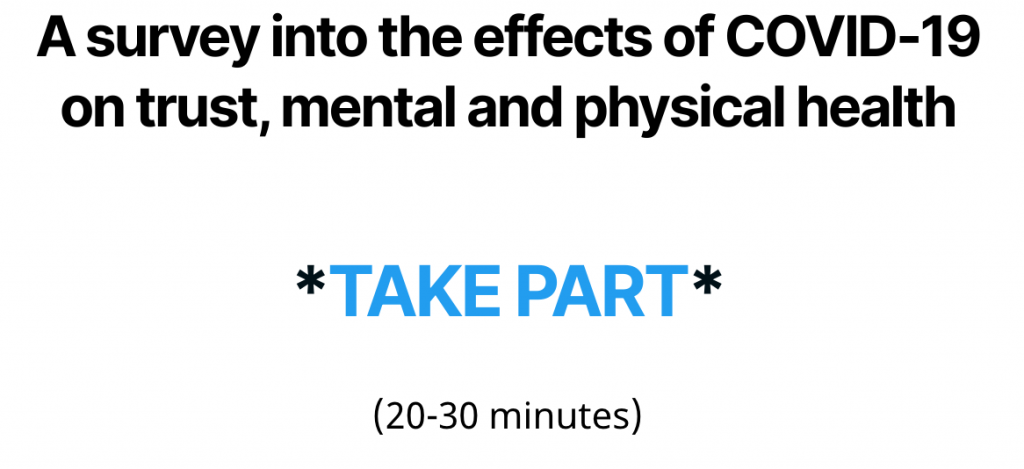Over the past three years, Dr. Alice Latimier (D.E.C, Ecole Normale Supérieure) has studied which learning practices best promote long-term memory retention. In this blog post, she tells us about her PhD project and her main findings.
 My supervisor Franck Ramus and I wanted to know which learning practices best promote long-term retention, based on the science of learning. A review of the literature indicated that commonly used learning strategies, such as reading, blocked studying (e.g. studying the same content in a given session instead of interleaving with other contents), and massed studying (e.g. having a long session instead of multiple, shorter ones that are spaced through time) are not necessarily the most efficient ones. Retrieval practice and spaced learning, although less frequently used (e.g., Dunlosky et al. 2013; Weinstein et al., 2018), have been shown to promote better long-term retention among a great variety of populations and pedagogical contents (Brown, Roediger & McDaniel, 2014).
My supervisor Franck Ramus and I wanted to know which learning practices best promote long-term retention, based on the science of learning. A review of the literature indicated that commonly used learning strategies, such as reading, blocked studying (e.g. studying the same content in a given session instead of interleaving with other contents), and massed studying (e.g. having a long session instead of multiple, shorter ones that are spaced through time) are not necessarily the most efficient ones. Retrieval practice and spaced learning, although less frequently used (e.g., Dunlosky et al. 2013; Weinstein et al., 2018), have been shown to promote better long-term retention among a great variety of populations and pedagogical contents (Brown, Roediger & McDaniel, 2014).
We first focused on retrieval practice. Over the past decade, research in psychology has demonstrated that practicing retrieval methods is particularly efficient because it creates a testing effect (e.g., Roediger & Karpicke, 2006): retrieving newly learned information from memory is an active process that consolidates information. It can be done via free recall (i.e. recovering as much information on a given topic as possible), cued recall (i.e. recovering information from memory via cues, often given by teachers), Multiple Choice Questions (i.e. either factual MCQ for definitions or inference-based MCQ), or flashcards (i.e. presenting one question on one side, the answer on the other). Whatever the format of the practice session, the learner should try to retrieve the information that has just been presented in the context of a new lecture (see for recent meta-analyses: Rowland, 2014; Adesope et al., 2017). My question of interest was ‘How can we optimize the benefits of retrieval practice when exposed to the content of a lecture?’.
 My project was lead in partnership with the start-up company Didask, which designed an “evidence-based” teaching platform. On this platform, each course consists of a set of modules organised in a logical order. A module is an elementary learning unit, including both learning material (text, videos, pictures) and a corresponding training quiz (e.g. multiple choice, pairwise matching, ordering, sorting into categories etc.), lasting in total between 5 and 15 min. To carry out our experiments, we used a modified version of Didask that allowed us to specify several learning conditions and to control the learning environment, in particular, the order in which the pedagogical content and the quiz were arranged with each other. We designed three experiments investigating the benefits of different placements and schedules of retrieval practice episodes on the long-term retention of new information.
My project was lead in partnership with the start-up company Didask, which designed an “evidence-based” teaching platform. On this platform, each course consists of a set of modules organised in a logical order. A module is an elementary learning unit, including both learning material (text, videos, pictures) and a corresponding training quiz (e.g. multiple choice, pairwise matching, ordering, sorting into categories etc.), lasting in total between 5 and 15 min. To carry out our experiments, we used a modified version of Didask that allowed us to specify several learning conditions and to control the learning environment, in particular, the order in which the pedagogical content and the quiz were arranged with each other. We designed three experiments investigating the benefits of different placements and schedules of retrieval practice episodes on the long-term retention of new information.
Experiment 1 – Retrieval practice is best used after, rather than before being exposed to a course
In the first experiment, we studied whether students should use retrieval practice before or after a learning session (Latimier et al., 2019). Recent research found that taking a test even before being exposed to learning content enhances memory retention compared to having no retrieval practice at all. For the first time, our experiment directly compared the benefits of using quizzes for memory consolidation, before (Quiz-reading group) and after (Reading-quiz group) reading an online course, relative to an extended reading condition (Reading-reading group). We used material from a course on DNA. The retention of information was asssessed seven days after the learning session (composed of the reading only or reading and quizz components).
Final performances revealed a significant advantage in memory retention for the Reading-quiz group over the Quiz-reading group and the Reading-reading group. The Quiz-reading group out-performed the Reading-reading group. This pertained to both trained and untrained information. Thus, using a retrieval practice after being exposed to new knowledge appears to bring both specific and general learning benefits. Overall, our results do not support the specific idea that a pre-test on the information of the subsequent text passage improves learning more than a post-test.
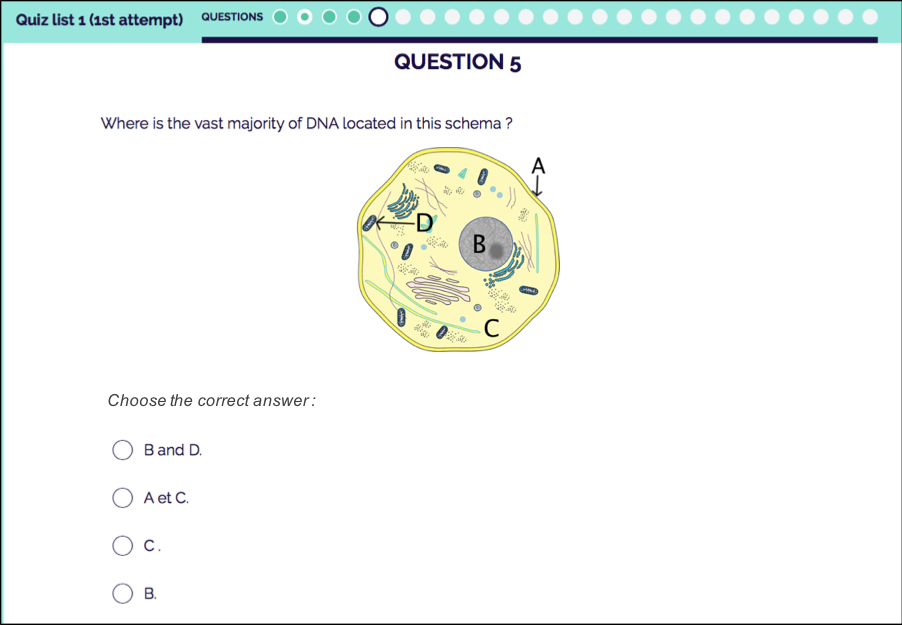
Experiment 2 – The length of the retrieval practice episode does not impact its efficiency
The second experiment went a step further and investigated the optimal lengths of both the learning units and the retrieval practice episodes. In other words: In how many chunks should the learning content be separated?. This question is less explored in the literature despite being very relevant to students and teachers. Our experiment demonstrated that the granularity of the learning contents is particularly of interest when learning with successive readings: short reading passages led to a better retention than longer readings. However, when learning with retrieval practice, granularity did not matter for long-term retention.
Experiment 3 – Spaced retrieval practice is not better than crammed retrieval practice at short term exams
Finally, the last experiment raised the question of the optimal schedule of repeated retrieval practice and reading. Indeed, decades of research in the science of learning demonstrated that inserting a time interval between the study sessions promotes better consolidation than massed practice, where learning the same piece of information in a repetitive fashion occurs without inter-study interval (i.e., spacing effect, Cepeda et al., 2006, Kang, 2016). In this experiment, we wanted to compare 4 learning strategies that mimicked the ones students would use to review a course before an exam: crammed re-reading, spaced re-reading, crammed retrieval practice, and spaced retrieval practice. The hypothesis was that combining both retrieval practice and spacing might enhance long term retention better than the other three strategies. Our main results provided a replication of the well-known testing effect (retrieval practice was better than just reading) but not of the spacing effect. Moreover, and contrary to our predictions, the combination of both learning strategies did not lead to significantly better retention compared to crammed retrieval practice. This result suggests that further research should focus on the parameters that promote a spacing effect (e.g., inter-study interval, retention interval, type of contents, learners’ characteristics…). Overall, the results of my thesis provide a better understanding to how learners should use retrieval practice to aid memory retention, and suggest new research questions in optimizing learning.
Practical implications for the learners and teachers
Throughout my studies, it was particularly important to find a balance between (a) realism, using real life learning contents extracted from the French high school curriculum and from professional training, and (b) experimental rigor, by designing well-controlled and randomized set up as well as recruiting a large sample of adult participants with a great diversity of socio-demographic characteristics. By being realistic yet rigorous, it is possible to derive practical recommendations.
My results suggest to try and implement retrieval practice, because it can be considered as a real learning tool to consolidate new knowledge as well as to promote knowledge transfer (Agarwal, Bain, & Chamberlain, 2012). Concrete examples on how to implement retrieval practice can be found here. While being tested after the exposure to pedagogical resources is optimal to consolidate and assess what is understood and what is not, being tested before could be very useful for the teacher to assess prior knowledge, and for students to be introduced to new learning concepts.
Digital learning tools seem very appropriate to integrate retrieval practice in the routine of the classroom. There is an amazing diversity of platforms for teachers and learners to develop formative assessment and self-testing (Plickers, Quizlet, Polleverywhere, SuperMemo, Google forms, Kahoot!). These digital tools do not replace the expertise of the teachers but help them to promote active learning. Furthermore, apart from the benefits on memory retention, retrieval practice promotes self-regulated learning by stimulating students’ metacognitive abilities. They can better estimate their feeling of knowing, to avoid the illusion of mastery and planning relevant reviewing activities (Littrell‐Baez, Friend, Caccamise, & Okochi, 2015, Fernandez & Jamet, 2017). It also fosters motivation and attentional focus on complex and lengthy contents. It should be mentioned that retrieval practice is even stronger with rich and elaborative feedback – without it the learners can’t properly identify how to improve their knowledge (Butler & Roediger, 2008). A combination of learning strategies for which we have robust proof of efficacy can therefore be particulary efficient !
Alice’s project was funded by the Programme d’Investissement d’Avenir (call for proposals e-FRAN for “Espaces de formation, de recherche et d’animation numérique” in French) launched by the mission on the digitalisation of education in France. This educational funding program aims at supporting different innovation projects to improve education based on research. The project gathered the association Synlab, which promotes the link between research and actors from education; the start-up company Didask; and 3 research teams in the field of cognitive psychology and machine learning.
Alice is now a postdoctoral researcher at the University Bourgogne Franche-Comté, in France, studying the impact of expertise on musical reading (Laboratory for Research on Learning and Developement). You can follow her @AliceLatimier.
For more resources on retrieval practice, and to learn more about strategies for effective learning, you can download pedagogical material on the Learning Scientists’ website.
References
Adesope, O. O., Trevisan, D. A., & Sundararajan, N. (2017). Rethinking the Use of Tests: A Meta Analysis of Practice Testing. Review of Educational Research, 87(3), 659-701. https://doi.org/10.3102/0034654316689306
Agarwal, P. K., Bain, P. M., & Chamberlain, R. W. (2012). The value of applied research: Retrieval practice improves classroom learning and recommendations from a teacher, a principal, and a scientist. Educational Psychology Review, 24(3), 437–448. https://doi.org/10.1007/s10648-012-9210-2
Brown, P. C., Roediger (III), H. L., & McDaniel, M. A. (2014). Make It Stick. Harvard University Press.
Butler, A. C., & Roediger, H. L. (2008). Feedback enhances the positive effects and reduces the negative effects of multiple-choice testing. Memory & Cognition, 36(3), 604–616. https://doi.org/10.3758/MC.36.3.604
Dunlosky, J., Rawson, K. A., Marsh, E. J., Nathan, M. J., & Willingham, D. T. (2013). Improving Students’ Learning With Effective Learning Techniques: Promising Directions From Cognitive and Educational Psychology. Psychological Science in the Public Interest: A Journal of the American Psychological Society, 14(1), 4–58. https://doi.org/10.1177/1529100612453266
Cepeda, N. J., Pashler, H., Vul, E., Wixted, J. T., & Rohrer, D. (2006). Distributed practice in verbal recall tasks: A review and quantitative synthesis. Psychological Bulletin, 132(3), 354–380. https://doi.org/10.1037/0033-2909.132.3.354
Fernandez, J., & Jamet, E. (2017). Extending the testing effect to self-regulated learning. Metacognition and Learning, 12(2), 131–156. https://doi.org/10.1007/s11409-016-9163-9
Kang, S. H. K. (2016). Spaced Repetition Promotes Efficient and Effective Learning Policy Implications for Instruction. Policy Insights from the Behavioral and Brain Sciences, https://doi.org/10.1177/2372732215624708
Littrell‐Baez, M. K., Friend, A., Caccamise, D., & Okochi, C. (2015). Using Retrieval Practice and Metacognitive Skills to Improve Content Learning. Journal of Adolescent & Adult Literacy, 58(8), 682–689. https://doi.org/10.1002/jaal.420
Roediger, H. L., & Karpicke, J. D. (2006). Test-Enhanced Learning Taking Memory Tests Improves Long-Term Retention. Psychological Science, 17(3), 249–255. https://doi.org/10.1111/j.1467-9280.2006.01693.x
Rowland, C. A. (2014). The effect of testing versus restudy on retention: A meta-analytic review of the testing effect. Psychological Bulletin, 140(6), 1432–1463. https://doi.org/10.1037/a0037559
Weinstein, Yana, Madan, C. R., & Sumeracki, M. A. (2018). Teaching the science of learning. Cognitive Research: Principles and Implications, 3(1), 2. https://doi.org/10.1186/s41235-017-0087-y
Articles from the project
Latimier, A., Riegert, A., Ly, S. T., Ramus, F. Do spacing and retrieval practice effects interact? (in prep).
Latimier, A., Rierget, A., Ly, S. T., & Ramus, F. (2020, March 10). Retrieval practice promotes long-term retention irrespective of the placement. PsyArXiv, https://doi.org/10.31234/osf.io/dk63q
Latimier, A., Peyre, H., & Ramus, F. (2020, March 5). A meta-analytic review of the benefit of spacing out retrieval practice episodes on retention. PsyArXiv, https://doi.org/10.31234/osf.io/kzy7u
Latimier, A., Riegert, A., Peyre, H., Ly, S.T., Casati, R., & Ramus, F. (2019). Does pre-testing promote better retention than post-testing? Npj Science of Learning, 4(1), 1–7. https://doi.org/10.1038/s41539-019-0053-1
 The International Mind Brain and Education Society (IMBES) are thrilled to announce that the 2024 conference will be held from 10 – 12 July in Leuven, Belgium! The meeting will be jointly organised by IMBES and EARLI SIG 22.
The International Mind Brain and Education Society (IMBES) are thrilled to announce that the 2024 conference will be held from 10 – 12 July in Leuven, Belgium! The meeting will be jointly organised by IMBES and EARLI SIG 22.
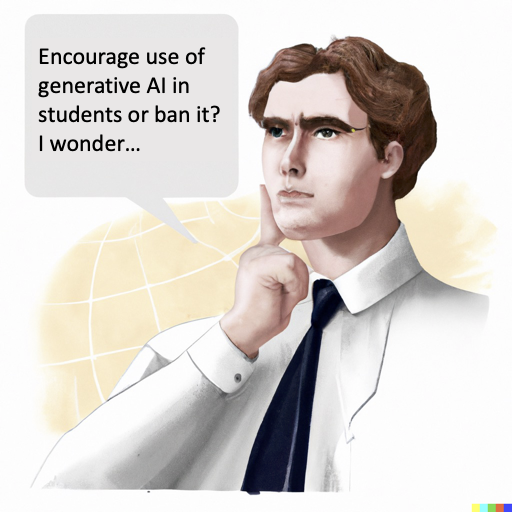
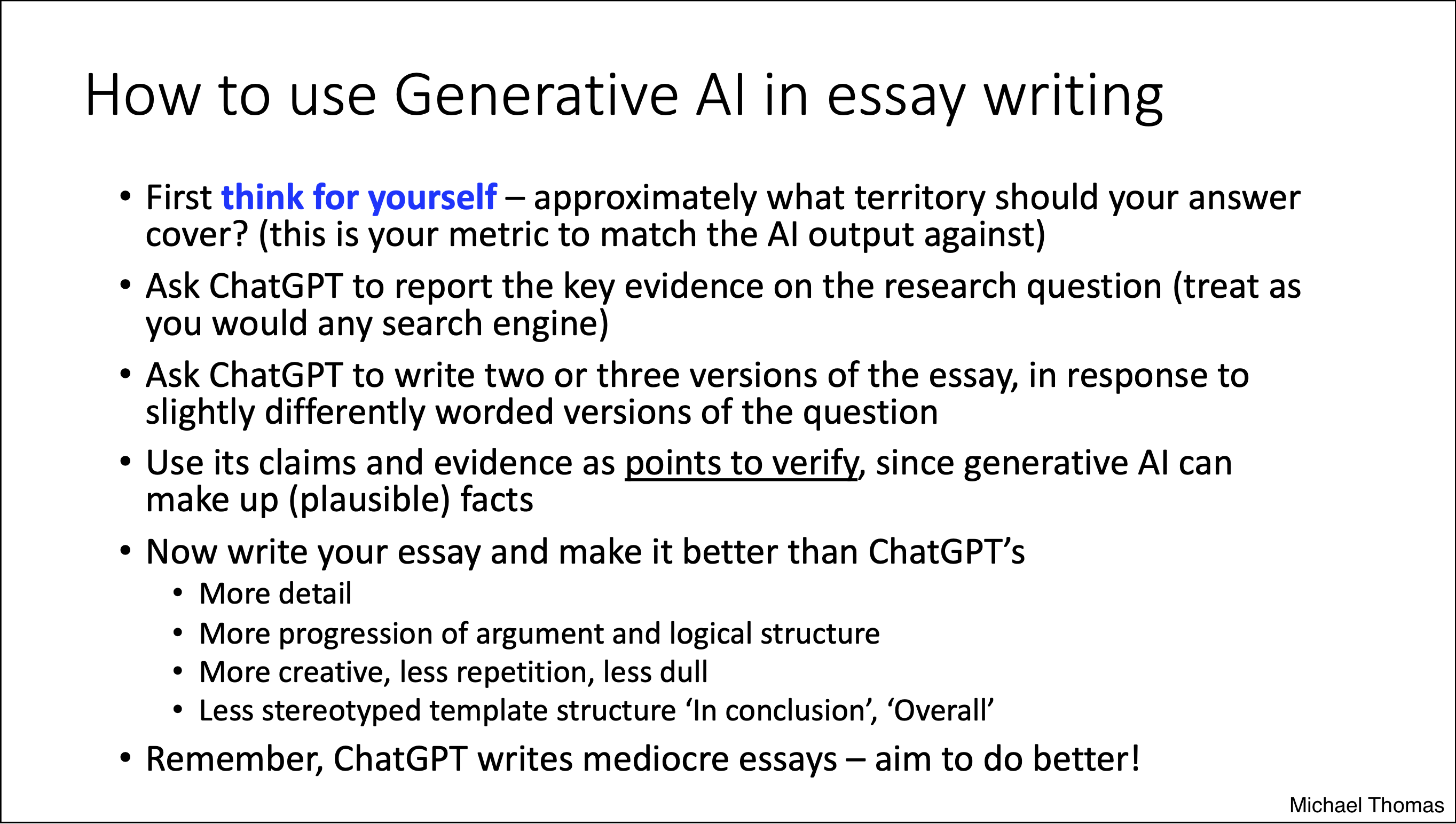
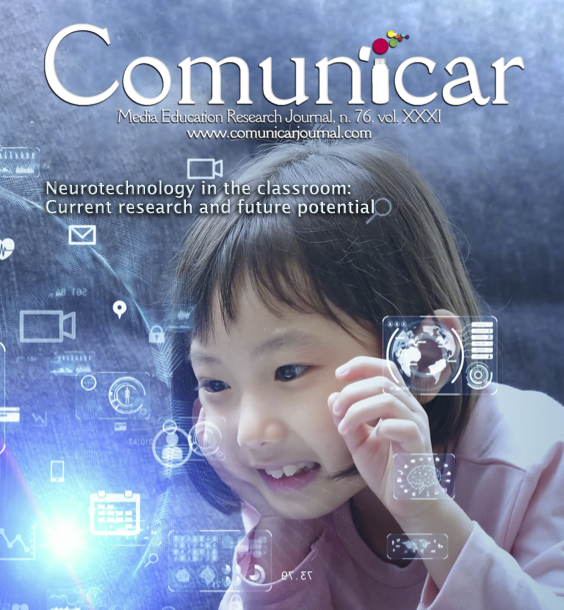

 Wednesday 24th November at 4 pm (UK time)
Wednesday 24th November at 4 pm (UK time)


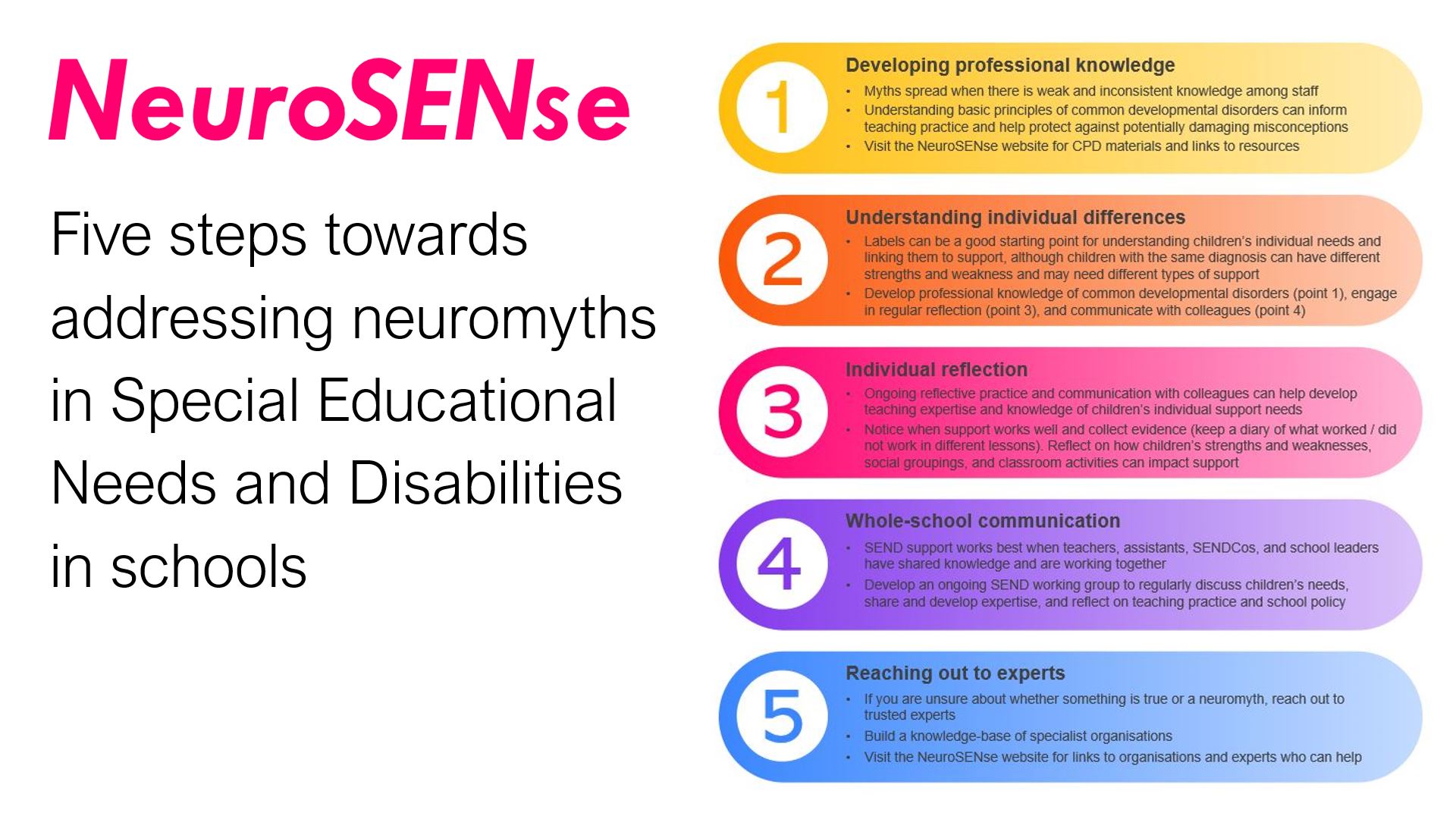
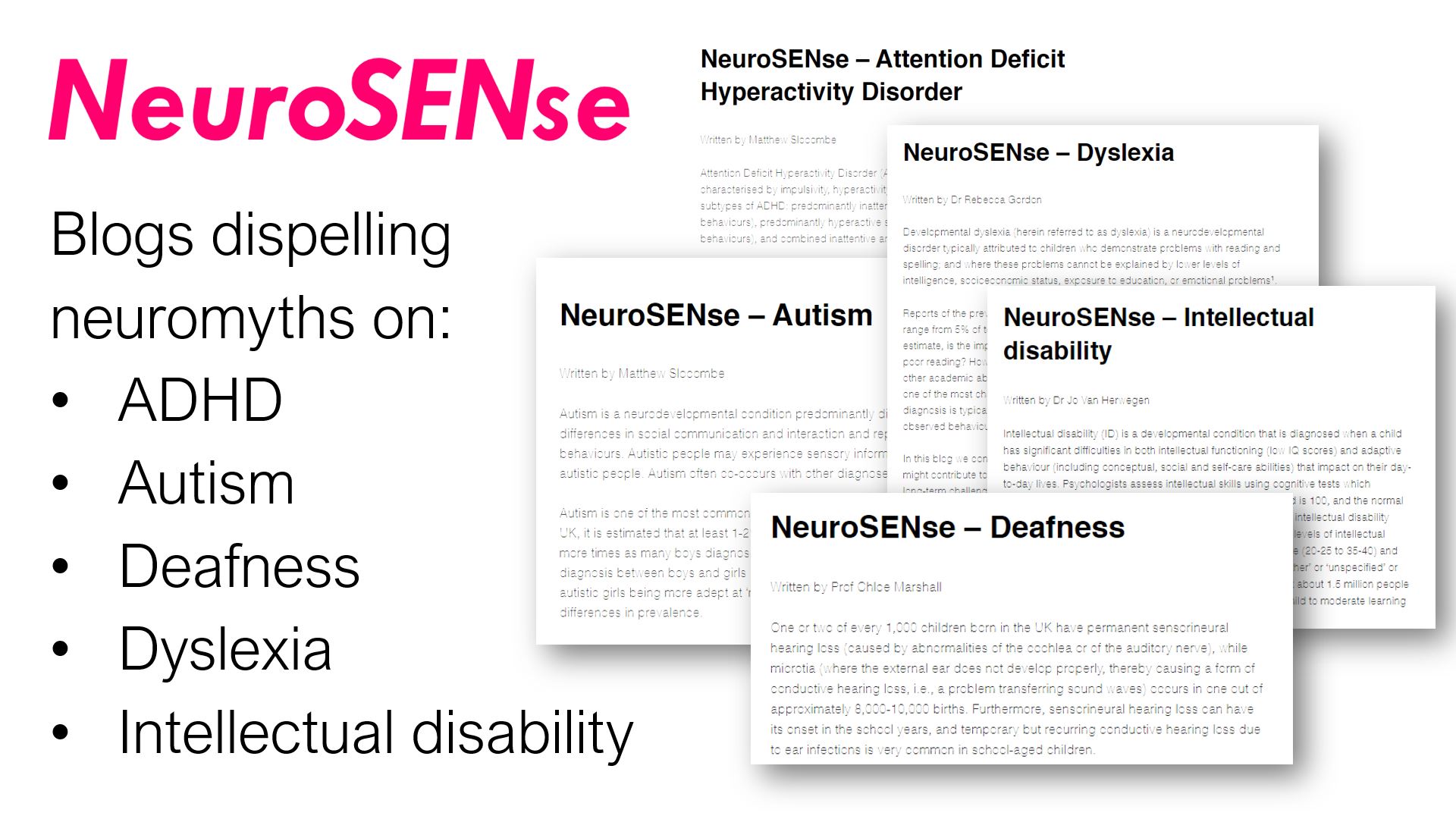
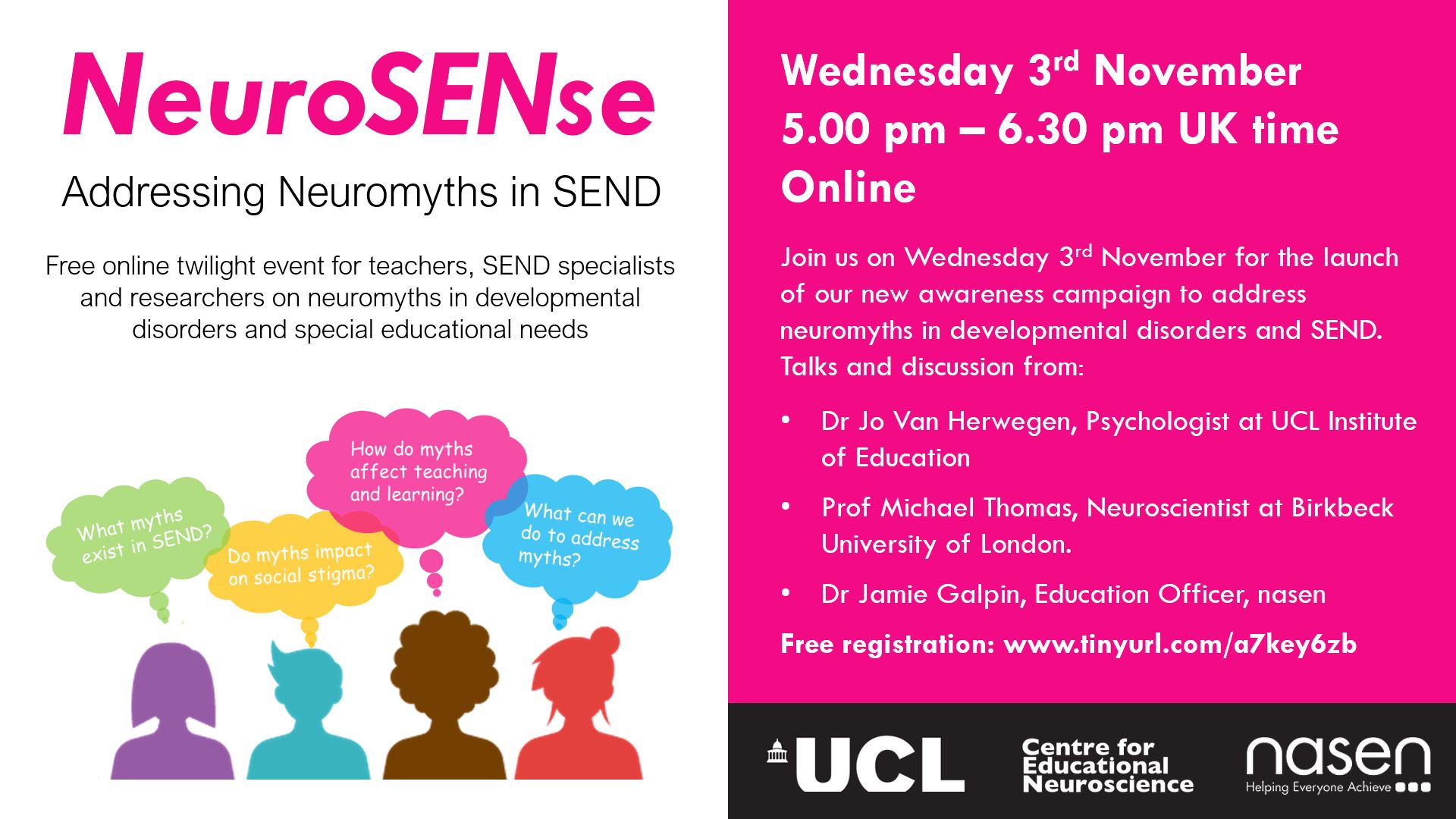
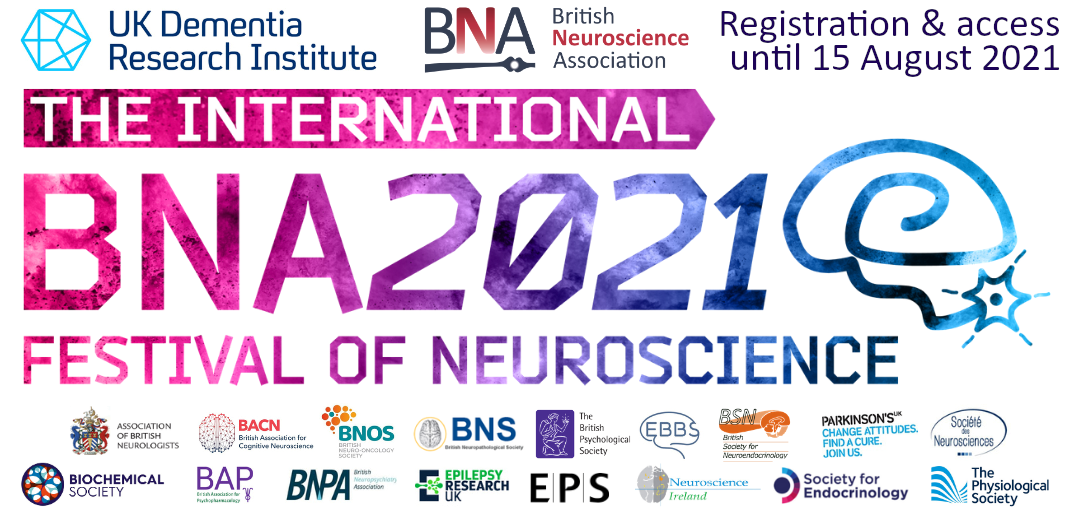





 Hi Keri,
Hi Keri,